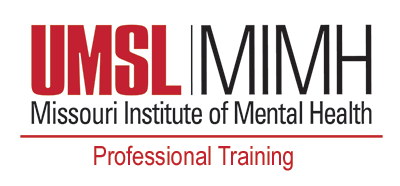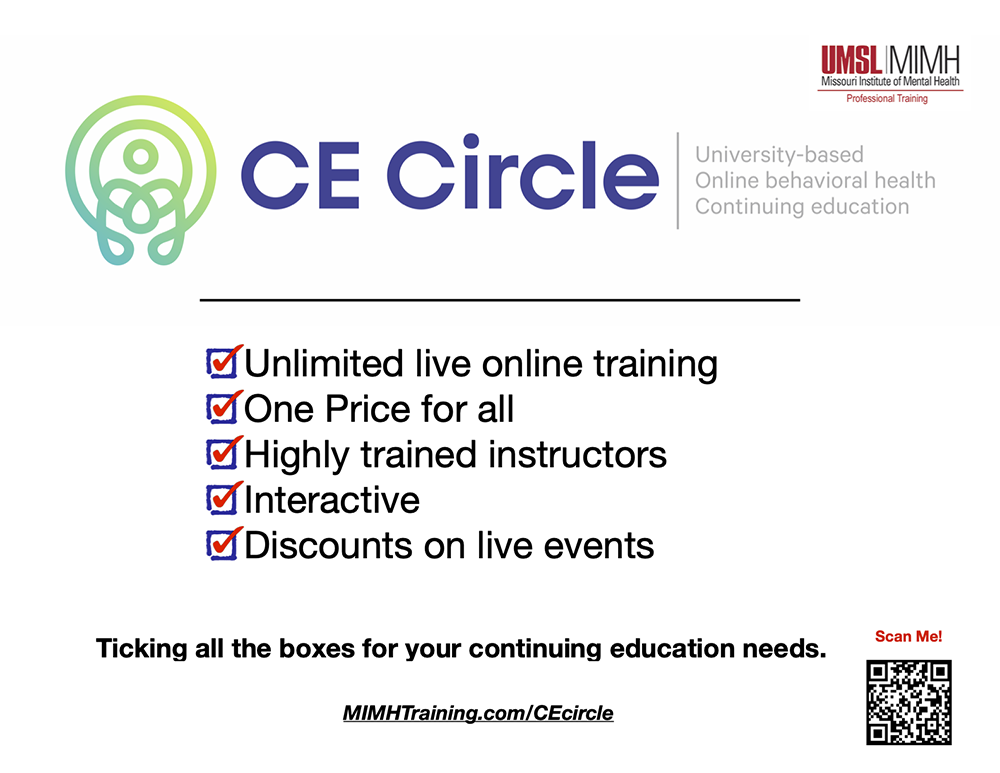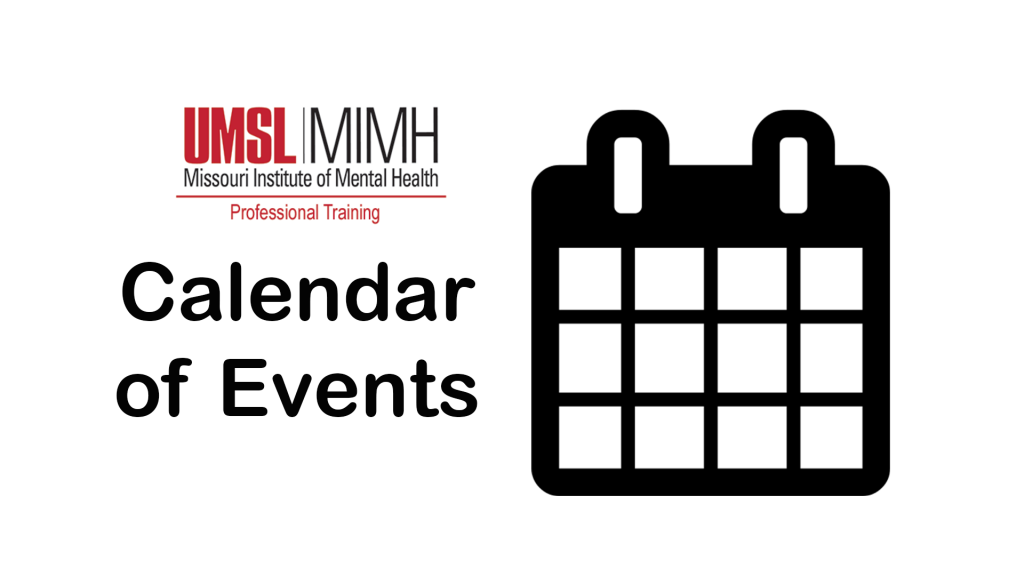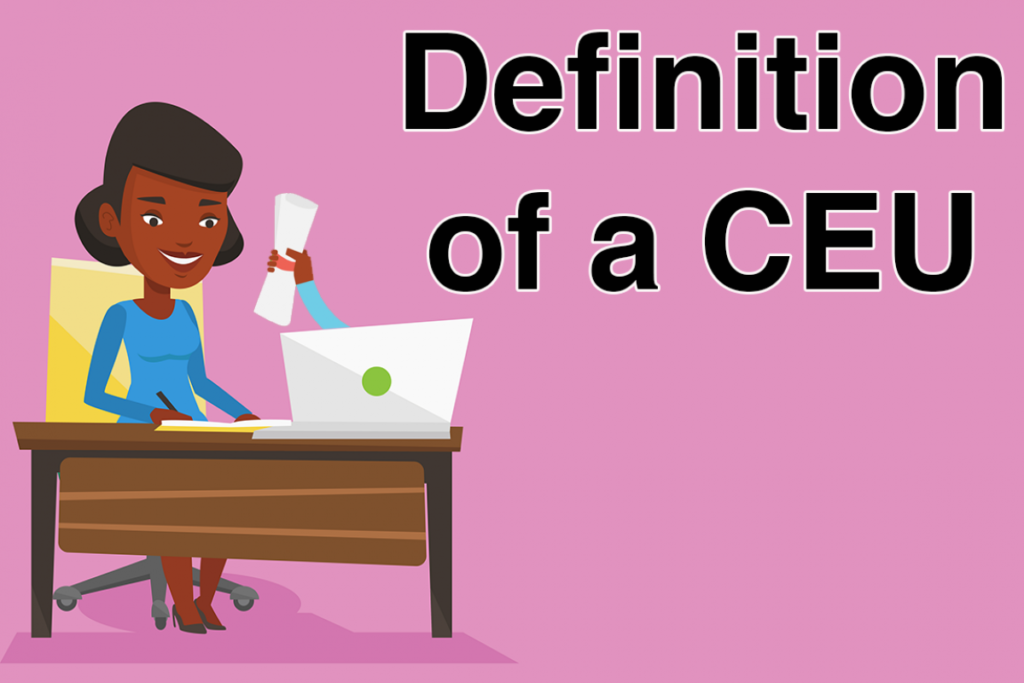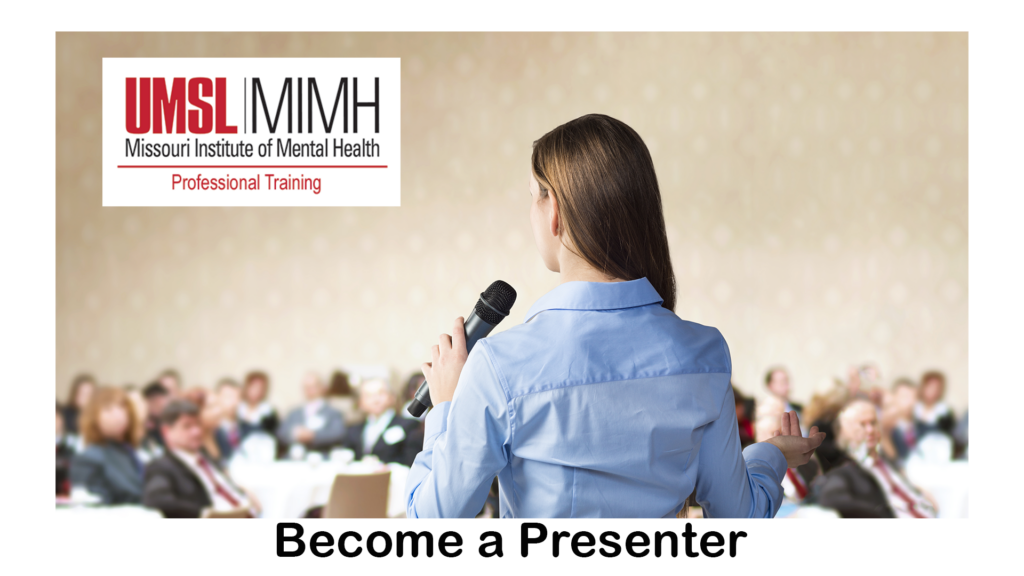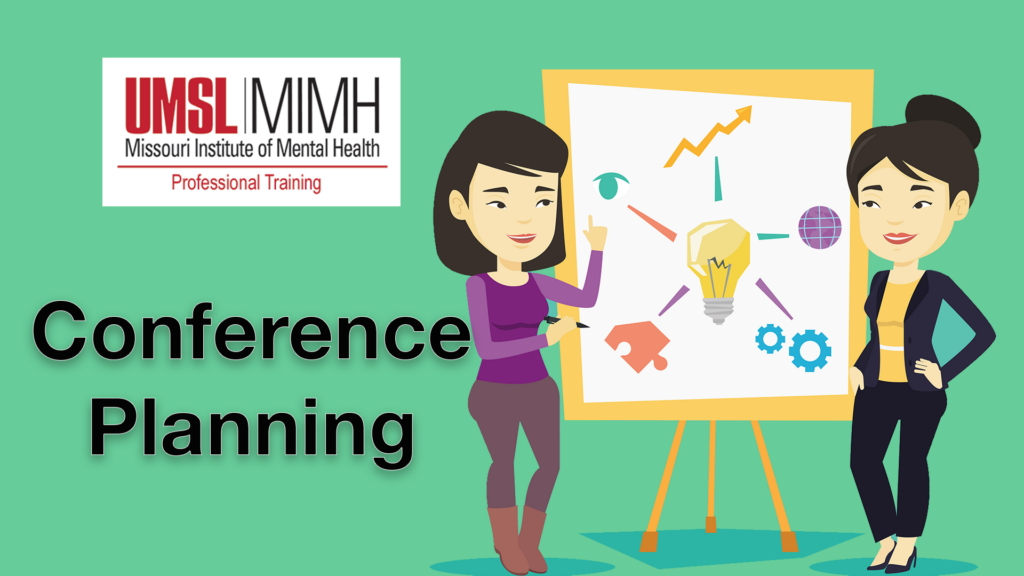Psychotropics Made Simple
[tab:Overview]
Date:
Wednesday, April 29, 2015
Registration starts at noon
program runs from 12:30p m until 4:30 pm
Venue Location
Missouri Institute of Mental Health
4633 World Parkway Circle
Berkeley, Missouri 63134
Local: 314.516.8419
Fax: 314.516.8428
Registration Fee:
$99
Program Description
SYNOPSIS
The instructor will introduce concepts of drug action in the body. Basic concepts of pharmacodynamics and pharmacokinetics will enable the learner to understand the therapeutic and adverse actions of drugs. Discussion will center on the rationale for drug use in psychiatric illnesses. The major classes of medications will be reviewed, including a discussion of the specific therapeutic action and side effects of agents in each class of drugs. Side effects that need immediate attention, that may present harm to staff or the client, or present as intoxication will be highlighted. Often clients do not adhere to their prescribed medication regimen, leading to a return of symptoms. The major reasons for nonadherence and strategies for encouraging clients to take their medications will be discussed. Time will be available to discuss questions during the presentation.
OBJECTIVES
At the conclusion of the module, the learner will be able to:
- Review basic pharmacological and pharmacokinetic principles as applies to the major classes of psychotropic medication.
- Identify the basic issues in selecting medication for psychiatric illnesses.
- Discuss medication nonadherence and how to approach client medication education
- Recognize indications and types of side effects for the major classes of psychiatric medications, and discuss ways of managing and preventing the effect.
PROGRAM RATIONALE
Front line staff are oftentimes the first to learn about medication questions from clients, and can be unprepared to answer the questions or know when the refer the client for further review. The Psychotropics Made Simple program is designed as an intensive program to better equip staff to better respond to questions about drug therapy.
During the program to following concepts are addressed:
- Medications used to treat people with mental illness affect all parts of the body – accounting for the beneficial as well as the adverse effects of medications.
- Psychotropic medication can be administered in several ways (injection, orally, topically). How quickly the drug gets into and out of the body determines how fast the drug will have an effect, and how long the effect will last.
- Psychotropic medications act by either mimicking or blocking the effects of neurotransmitters at receptors in the brain. In doing so, medications help to control symptoms of illness, make the person more functional and improves the persons overall quality of life. Medications do not cure one’s mental illness.
- Medications are used to treat a host of mental illnesses. As there is an overlap of symptoms with many illnesses, one class of drugs can be used to treat many different types of mental illness. For example – antidepressants are used to treat depression as well as anxiety disorders, personality disorders, and a host of other illnesses.
- Not all individuals will need long-term therapy. The specific illness, response to medications, other precipitating and aggravating events and patient preference all come to factor in this decision.
- One of the most common reasons for treatment failure is medication non adherence. People are less likely to take medication as prescribed if they do not believe they are ill, their symptoms negatively impact functioning, they have adverse effects from the medication, they are not satisfied with the care they are receiving, or do not have enough information to adequately comply with the treatment program. Nonadherence can lead to increased utilization of services, a poorer quality of life for the individual, and potentially a poorer prognosis.
- Every medication has the potential for side effects. Common side effects to psychotropic medication include sedation, anticholinergic effects (dry mouth, blurred vision, constipation, difficulty urinating), decreases in blood pressure (feeling faint or dizzy with potential for falling), and sexual dysfunction. The antipsychotic class of medications has effects that can lead to abnormal movements or postures. Many of these effects will improve with time. Helping the person tolerate the effect using simple interventions such as ice chips for dry mouth can improve treatment adherence. Other effects such as the abnormal movements need counteractive medication to control the effect. When working with clients who are taking medications, it is important to understand the potential for side effects such as orthostasis, sedation, risk for overheating, and the extrapyramidal side effects (EPS) and take precautionary measures to prevent the risk of harm to the client as well as staff.
Missouri Institute of Mental Health
4633 World Parkway Circle
Berkeley, Missouri 63134
Local: 314.516.8419
Fax: 314.516.8428
[tab:Presenter]
Roger W. Sommi, Pharm.D., BCPP, FCCP
Dr. Sommi’s area of research interest is primarily in outcomes associated with drug treatment of schizophrenia and other psychiatric disorders. His practice is primarily associated with the ongoing projects in the research program. He is a consultant with several community mental health centers. He is also involved with the local Kansas City NAMI as an instructor in the Crisis Intervention Team training program for local law enforcement agencies.
[tab:CEU]
Missouri Institute of Mental Health (MIMH)
The University of Missouri, Missouri Institute of Mental Health will be responsible for this program and maintain a record of your continuing education credits earned.
The Missouri Institute of Mental Health will award 3.6 clock hours or 4.4 contact hours (.4 CEUs) for this activity.
NBCC (National Board of Certified Counselors)
MIMH is an NBCC Approved Continuing Education Provider (ACEPTM) and may offer NBCC- approved clock hours for events (or programs) that meet NBCC requirements. MIMH is solely responsible for all aspects for the program.
3 hours are offered for this program.
Missouri Credentialing Board
Missouri Credentialing Board has approved this program for 3.5 contact hours.
[tab:Schedule]
12:30 pm Basic Principles of Drug Use
1:20 Break
1:30 Basic Principles/Medication Nonadherence
2:20 Break
2:30 Medication Class Review
3:20 Break
3:30 Medication Class Review
4:30 pm Adjourn
[tab:Register]
Special Needs
If you have special needs, we ask that you notify us at 314.516.8419 or [email protected] as soon as possible. We will make reasonable efforts to accommodate your needs.
Refund Policy
If you are unable to attend, we ask that you notify us as soon as possible. Cancellations received in writing five business days prior to the date of the program will be refunded, less a $25.00 processing fee. You may send a substitute, but we ask that you notify us in writing of this change. If you do not attend or send a substitute, you or your employer will be billed the full registration fee.
Registration
Following this registration link will take you to our external payment site where you can register and purchase a seat at the conference via credit card or purchase order.
[tab:Map]
[tab:END]
